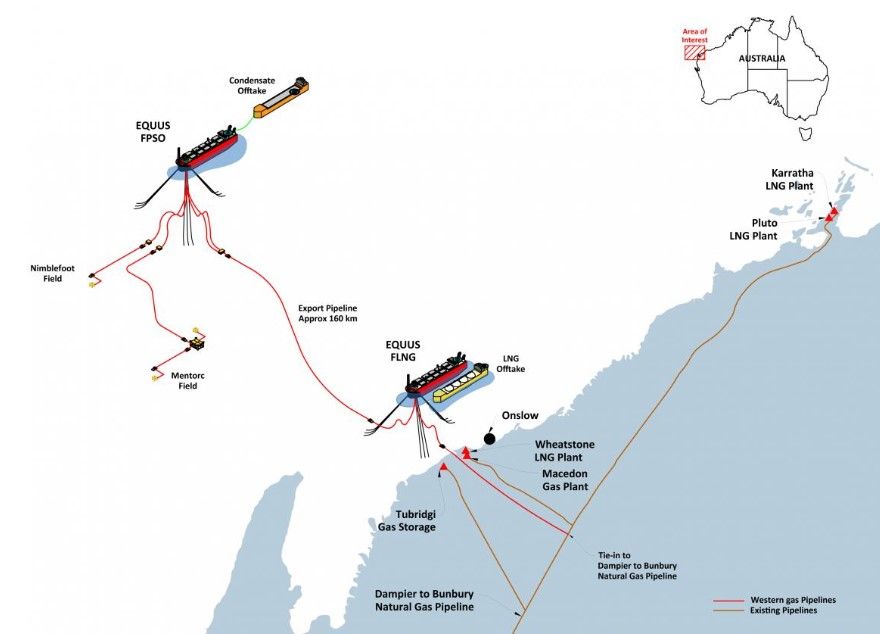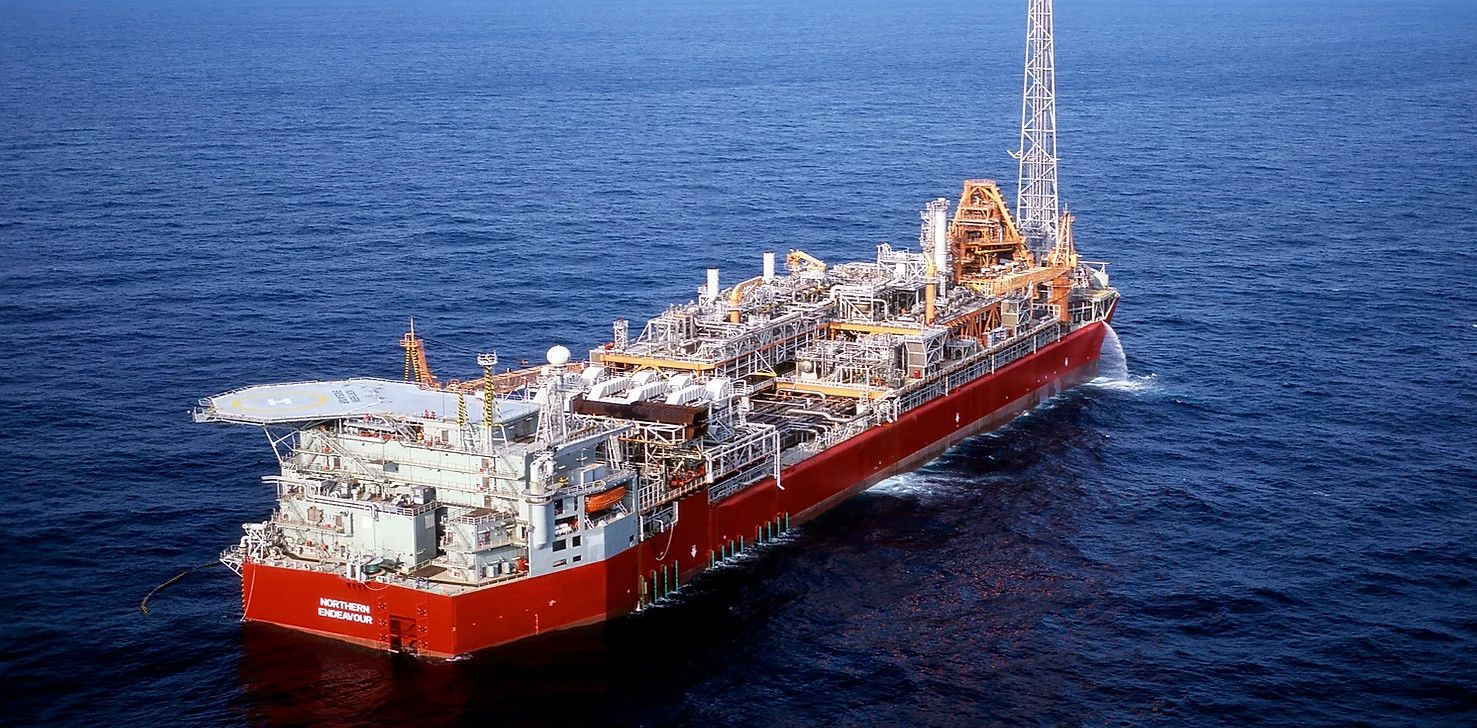🗡️ Who murdered the Murujuga rock art science?
Special Cluedo™️ edition 🔍 Was it Mr Cook or Prof Smith?
North Sea expert recommends changes to stop a repeat of Woodside escaping a $360 million cleanup bill by paying a tiny inexperienced company to take an old rusty asset.

An independent review into the liquidation of the Northern Endeavor oil production vessel has recommended companies that sell offshore facilities pick up the bill for decommissioning if the new owner cannot afford it.
Experienced UK North Sea regulator Steve Walker said Australia’s regulatory controls do not anticipate the holder of an offshore title going into liquidation.
“This is a serious concern, as such events could be repeated as Australia’s offshore industry matures and late-life assets are likely to be passed from established major,” Walker said.
“The adoption of ‘trailing liability’ whereby a titleholder would be continually liable for the decommissioning and removal of its offshore assets even after selling its interests in a title, was receiving growing acceptance.
“It is a concept which could provide a final backstop for decommissioning liability.”
The Federal Government commissioned Walker to investigate the circumstances that led to the owner of the Northern Endeavour, Northern Oil and Gas Australia, entering liquidation in February. The Federal Government is now responsible for the vessel and the Laminaria and Corallina oil fields in the Timor Sea, as a cost of about $4 million a month.
If the Federal Government implements a trailing liability, it is likely to affect the outcome of ExxonMobil’s plan to sell its 50% interest in its Bass Strait joint venture with BHP.
A review of the whole approach to decommissioning offshore oil and gas fields is expected to be released this year.
In 2015 the Northern Endeavour was operated by Woodside that planned to decommission the asset at a cost it estimated to be about $360 million.
Instead in September 2015, it agreed to pay NOGA; a company formed a month before, $24 million to take the asset.

As NOGA bought the company that held the titles, there was no title transfer for the National Offshore Petroleum Titles Administrator to approve.
The responsibility for the ageing and corroded vessel moved from one of Australia’s largest companies to an inexperienced, single-owner, single-director, single-asset undercapitalised company with no input from the regulator.
Three days after NOGA gained the title in 2016 it was already in trouble with offshore safety regulator NOPSEMA for being ill-prepared for an oil spill.
NOGA, as title holder, subcontracted the operating responsibility to Upstream Production Solutions.
UPS was “unable to convince” NOPSEMA that it was managing the “extensive corrosion present on the facility” when the regulator first inspected the vessel under its new ownership.
Problems with corrosion and production shutdowns due to technical issues were a constant feature of the Northern Endeavours’ operation under NOGA’s ownership.
Eventually in July 2019, after two dangerous incidents caused by corrosion, NOPSEMA ordered that production halt until the vessel was made safe. NOGA’s money ran out before it could complete the repairs.
Walker said NOGA was significantly under-capitalised and had a fragile business model.
“It had taken over an ageing FPSO and with the LamCor fields approaching their end of life,” Walker said.
“The NOGA group had limited background in the offshore industry, and with no other income-generating assets was significantly reliant on day-to-day production for cash flows.”
Walker said NOGA eventually lost the confidence of NOPSEMA “who witnessed an increasing number of examples where the necessary high standards of maintaining an ageing asset such as the Northern Endeavour were not being reached.”
Walker said NOPSEMA took well-informed decisions as the cumulative effect of its concerns mounted. Walker recommended that NOPSEMA needed to tailor its inspection strategies to different facilities and owners.
“Such an approach may have helped NOPSEMA to bring its concerns over the Northern Endeavour to a conclusion somewhat earlier,” Walker said.
“I also recommend that NOPSEMA review its inspection practices to identify the root causes of non-compliance and not just the symptoms.”
Walker said NOPTA was limited by current legislation that allowed it to consider if a company had the funds to respond to an oil spill, but not if it could afford to decommission a field.

Walker said the legislation allowed NOGA to become the titleholder “without, in my opinion, being subject to adequate scrutiny.”
Minister for Resources Keith Pitt, who released Walker’s report today, said he would consult with industry on its findings.
“It is crucial that the Government understands how and why this situation arose to consider how best to minimise the risks of a similar event occurring in the future,” Pitt said.
The Federal Government is paying UPS about $4 million a month to keep the Northern Endeavor in lighthouse mode where safety is maintained with no production and minimal manning.
Pitt said the Government is seeking advice on options for a longer-term solution for the Northern Endeavour and associated fields.
“I’m very pleased to announce that Woodside Energy is providing expert advice on what will be required to decommission and remediate the facility and fields if the Government proceeds with that option,” Pitt said.
“As a previous owner of the Northern Endeavour, Woodside is well placed to provide timely, detailed advice,” he said.

Main image: Northern Endeavour. Source: Northern Oil and Gas Australia Pty Ltd
Update 1 October 2020: Estimated decommissioning cost updated to $360 million.
All the info and a bit of comment on WA energy and climate every Friday